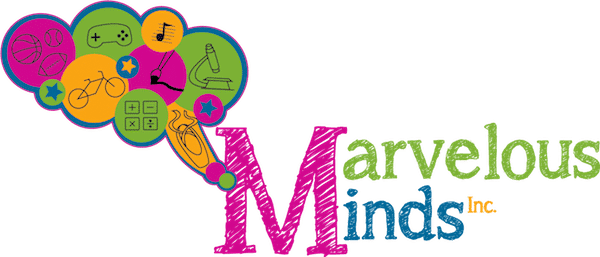ADHD Treatment
What is ADHD and what do we do about it?
ADHD- We hear about it all the time; it’s even being used as an adjective, “I’m so ADHD, I missed what you said”. But what is ADHD and what do we do about it? ADHD, or Attention-Deficit Hyperactivity Disorder is the name given to a constellation of symptoms that affects between 5-11% of children aged 2-17 in the United States. Symptoms of ADHD include the obvious ones, such as difficulty paying attention, distractibility, restlessness, and hyperactivity, but also poor time awareness, difficulty with time management, organization, planning, task initiation and completion, and social and emotional difficulties, amongst many others. No two children with ADHD have the same set of symptoms and no two children with ADHD should have the same treatment protocol.
ADHD Treatment Philosophy
First of all, it is crucial that we understand, just because a child isn’t paying attention, doesn’t mean they have ADHD. There are numerous reasons a child may be struggling with attention. A child may be preoccupied by something going on at home, or with a friend; they may not be getting enough quality sleep, maybe their auditory comprehension or visual processing is interfering with the acquisition of information; the list goes on. A comprehensive evaluation is the only way to ensure an accurate diagnosis of ADHD.
Three Pronged Approach to ADHD Treatment
Dr. Kym Larson and the Marvelous Minds team believe ADHD should be treated with a three-pronged approach. First, most folks with ADHD lack executive function skills (time awareness, time management, planning, organizing, cognitive flexibility, problems solving, task initiation and completion etc). These are skills that can be learned through explicit teaching, whether at home, school, or in our clinic, individually or in a group.
ADHD and Your Child’s Environment
Second, ensuring that a child’s environment is conducive to optimal brain function. This could be decluttering a bedroom or homework space, making sure clocks and calendars are present, having a child check his or her assignment notebook in with a teacher and parent every day, asking for notes ahead of time to keep track in class, asking for wiggle breaks or fidgets, or keeping a chore list on the fridge.
Treating Physiological Aspects of ADHD
Finally, we must treat the physiological aspects of ADHD. Ensuring proper (both quantity and quality) sleep, nutrition, and exercise is tantamount. How can we expect our brain to run at full speed if we are not fueling it appropriately? Many children also struggle with making and keeping friends, self-esteem, and other socio-emotional issues. These children also benefit from some form of counseling or therapeutic intervention (play therapy, art therapy, cognitive-behavioral therapy etc). Many kids do just fine with these behavioral interventions. Some, however, especially those whose impulsivity affects their safety, also need pharmacologic intervention. Consultation with out psychiatric provider(s) may be recommended to see if medications are an appropriate supplement to a child’s treatment protocol (medication should never be the only form of treatment for ADHD).
Scheduling Time for ADHD Treatment
For more information or schedule an appointment, please contact our Glen Ellyn, IL office.
